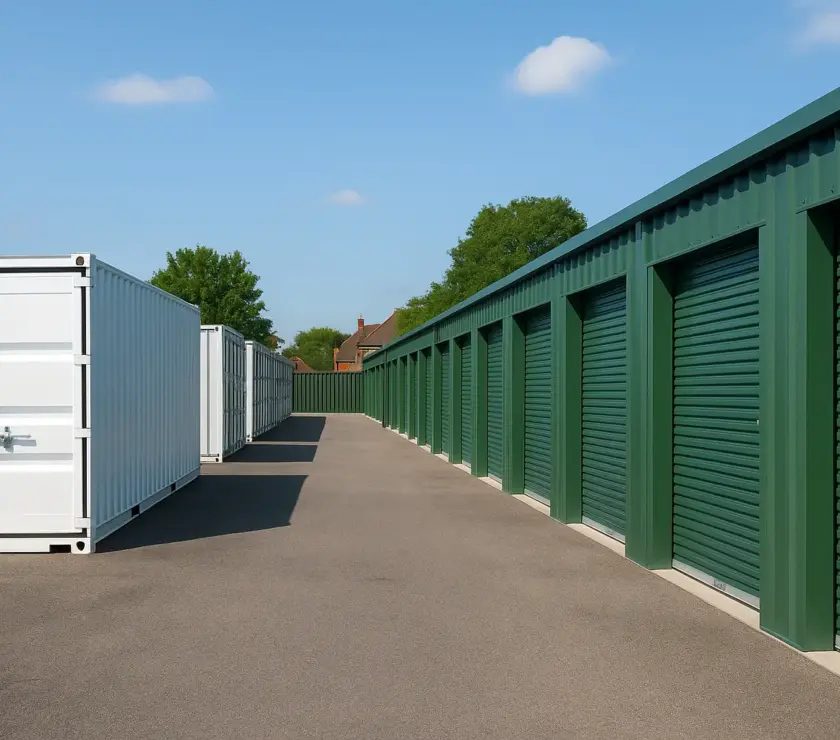Moving as a student can certainly be an adventure, but at the same time, it can be quite the ordeal. The expenses associated with it can include transport services as well as the cost of moving into a new place. However, deploying suitable strategies can certainly help streamline the process and reduce the overall cost.
In this article, we share useful and actionable insights for students looking to relocate on a budget, be it a residence hall, an apartment, or a shared space. Relocating can be made less tedious and more efficient with the right planning in place.
1. Plan Ahead and Create a Budget
It is advisable to start with a very well-defined budget, and the following should be added to the extent that they are relevant to you:
- Transportation of packing materials (fuel, bus, or train tickets) items
- Packing materials, boxes, tapes, labels, etc.
- Professional movers or rent moving trucks
- Utility deposits and setup fees
- Is there furniture or any essentials for your new setting?
With an understanding of your financial parameters, you can eliminate surprise costs and remain within reasonable limits.
2. Declutter and Downsize
The lighter the load, the less money is paid to the movers. Take a survey of your belongings and get rid of additional items that you no longer require. This would not only save your money but also aid in making the unpacking distribution less complicated. Sell, donate, or recycle those unwanted items. You can always use Facebook Marketplace or local charity shops to resell them or give them for free and even make some money or save some money.
3. Use Free/Packing Supplies That Are Cheaper Than Usual
Moving boxes can cost a lot of money, but you can cut costs by getting cheap or even free packing supplies.
- Local Pet or Retail Stores: Grocery or retail stores do give their boxes away, and the good news is some give them out for free.
- Online Resources: Websites such as Freecycle or Facebook groups have sections dedicated to helping people find free moving supplies.
- Reusing: Instead of buying suitcases, backpacks, or reusable totes, other items can be used as packing items. Rather than hauling out the bubble wrap, wrap broken items in clothing or towels.
4. Look for Budget-Friendly Self-Storage Facilities
Self storage Salisbury facilities provide students with safe and secure units across different sizes to properly store their items without going over their budget. Storage solutions are also great if you are not able to move all of your belongings at once or need some temporary space.
To learn how self-storage can make moving even easier for you, read this article: Maximizing Space in Small Apartments with Self-Storage Solutions.
5. Reach Out to Friends and Family
Although hiring a professional mover can make the process very easy, it can come with a price tag. That is why you can reach out to friends or family and ask them to help you out with your heavy stuff and provide them with refreshments, snacks, or even food. This will not only save you some money, but it will also make the process more collaborative.
6. Rent Movers or a Moving Van
In case you have a lot of possessions or large furniture, renting a moving truck is going to be cheaper than hiring a mover. Try comparing prices with services like U-Haul and even other local rental services, and always remember to reserve well in advance as this will save you money.
7. Plan and Schedule Your Move Appropriately
Try avoiding moving during times when the rates for services or transportation are higher, such as weekends, holidays, or the start of the academic year. Students who shift in the middle of the semester or during the week end up having to pay lower rates.
8. Utilize Student Discounts
As much as possible, use student discounts. Many businesses, including moving and storage companies, provide discounts for college students. Always remember to take your student ID and inquire about discounts when hiring services.
9. Divide Expenses With Other Roommates
If the student is moving into a room with other students, it is important to consult with them about the expenses. This covers:
- Leasing a common moving truck together
- Sharing the cost of common items such as furniture or kitchen utensils
- Sharing the cost of setting up utility services
By combining resources, everyone saves money.
10. Be Organized During the Moving Process
Any savings in time and efficiency will be saved on costs as well. Properly mark boxes and place “to get” important items in an easily accessible location. Carry out checking or download applications that are effective in tracking and monitoring progress.
For more ideas about organizing small spaces, read the following article: Guide to Maximizing Space with Self-Storage Solutions.
11. Buy Used or Borrow Essential Things
There is no need to break the bank in order to furnish such an apartment. Used furniture, pots and pans, and kitchen tools can be acquired through thrift stores or online marketplaces. Or consider borrowing them. Ask friends or relatives for such items to use until you are ready to purchase your own.
12. Rent a Vehicle and Share With Friends
When considering whether to drive or take public transport during your long trip, don’t forget to check on the expenses involved. Whenever there is a friend or family member that needs to travel in the same direction as you, then carpooling comes in handy to reduce your fuel expenses.
13. Safety First: Protect Your Goods
Regardless of the reason for moving something, transporting or storage of goods requires thorough security. You can enjoy peace of mind by utilizing self-storage units such as those provided by Rhino Storage Salisbury, which have features like surveillance CCTV and secure locking systems. Here: Protect Your Tools from Theft: Why Contractors Should Think About Self Storage, find out more about storage security.
14. Avoid Getting Overcharged by Cleaning the Space Yourself
Deep cleaning of rented space might save you some money you would otherwise pay for a deep cleaning service, especially if you are moving out of your rented space. Some basic cleaning materials will be needed to be bought, so set aside some time so that the place can be cleaned thoroughly before vacating it.
15. Control Your Spending: Keep Track of How Much You’re Spending
Lastly, compile and retain all moving-related charges so that you remain on a budget. This will allow cross-checking to see what areas were too expensive and will need to be adjusted on the next move.
Conclusion
Shifting your accommodation whilst being a student can seem difficult, but with the appropriate approaches, it’s more than possible to tackle the task at hand. By decluttering, using discounts, and exploring affordable storage options like Rhino Storage Salisbury, you can help lower your expenses as well as ease the process.



